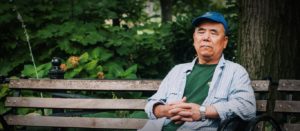Journey Task - BUILD YOUR TOLERANCE FOR THE UNKNOWN
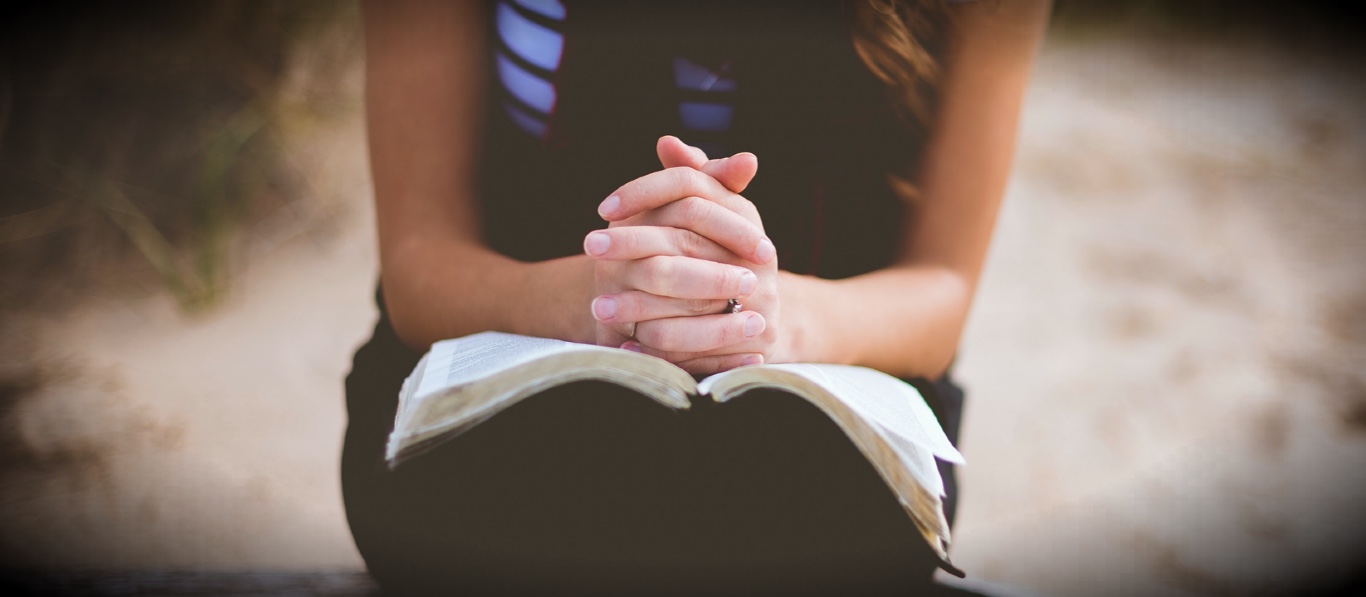
BUILD YOUR TOLERANCE FOR THE UNKNOWN
Everyone has a natural resistance to and fear of what they do not know, and even more so, for what cannot be known.
It takes a great deal of courage and faith to accept what is yet to be known, and surrender to living into it, rather than anxiously trying to control it.
It is a strength to accept the unknown as it comes. Learn to build your capacity to face the unknown, and live into it.
“Each entered the Forest Adventurous
at the point which he himself had chosen,
where it was darkest and there
was no way or path.”
The Quest For the Holy Grail
HERE’S THE CHALLENGE
Going where you have not gone before has no clear path before you, and no obvious way through. All we really know is that we don’t know yet what we need to know to make good decisions about our physical well being, and how to safely maintain our health while navigating the world in which we work and live. We are social animals, and the fundamental rules for survival have changed.
Whenever we enter the ‘Forest Adventurous’, the distinctive feature of these exterior and interior worlds is always the lack of a clear path in front of us. A clear way cannot already be laid out for those who undertake a worthy adventure; otherwise, it would not really be an adventure.
Mythic pathways always unfold over time, little by little. Yet if we are really paying attention to the unfolding, each little step along the journey can be more fully engaged and lived, and each step can become something that moves us forward in new ways.
The challenge for us, as we learn to tolerate the unknown, is to gradually begin to see it as a helper, or a necessary support. It is the herald or harbinger of a potential time of growth and development, but in ways that are very likely to make us feel inadequate, insecure, unnerved, or quite foolish.
We must ask ourselves:
- Why the rush to certainty?
- What exactly seems to be unbearable for us in this moment or circumstance?
- How can I begin to bear the unbearable?
HERE’S YOUR TOOLS
You will best tolerate the unknown by having a more grounded experience of embodying the unknown, and not simply holding the unknown in your thinking mind. You can build your tolerance for the unknown by practicing the following steps:
1. Slowing Down & Going Down
We actively choose to slow down our thoughts, our breathing, and our speaking -in order to go down into the body – getting underneath the surface content of our lives.
2. Building a Tolerance for Bodily Sensations
We do this by allowing for uncertainty & unknowing to live within our interior. It is often a revelation to realize that we don’t have to actually do anything about our felt sensations in our bodies. We can just have them, allow them, let them be, and let them move as we focus on them, breath into them, and soften into them.
The failure to do this causes us to rush into premature action and make impulsive decisions, before the time is ripe to do so
3. Embodying the Process of Not Knowing
Our bodies ground and contain us, and serve as the ‘riverbed’ in which the river can flow through. Our minds are like the river, which needs to be able to flow, to clear, to move through a process of know knowing. Otherwise, we tense up, rigidify, and push to act – typically out of fear or frustration. Having an ‘embodied mind’ gives us an ability to actively not know, taking us into a flow that goes beyond the initial anxiety that comes from our experience of the unknown.
4. Staying Present In The Unknown
Staying in the present moment often means staying in the ‘not-yet-known‘. This allows the unknown to be perceived and experienced as something active and dynamic, something temporary – rather than something fixed and unchangeable. By deeply attuning to our moment to moment experience, we learn to tolerate the vulnerability of not knowing, learn to understand this as a strength instead of a deficit, and stay alert to what will happen next.
As journeyers, we learn over and over again, to slow down, to take one step at a time, and to attend to what is arising in the unfolding moment, and eventually, to grow our trust in the gradual unfolding of the process in our lived experiences.
Facing The Unknown
Letting Go Into The Felt Unknown
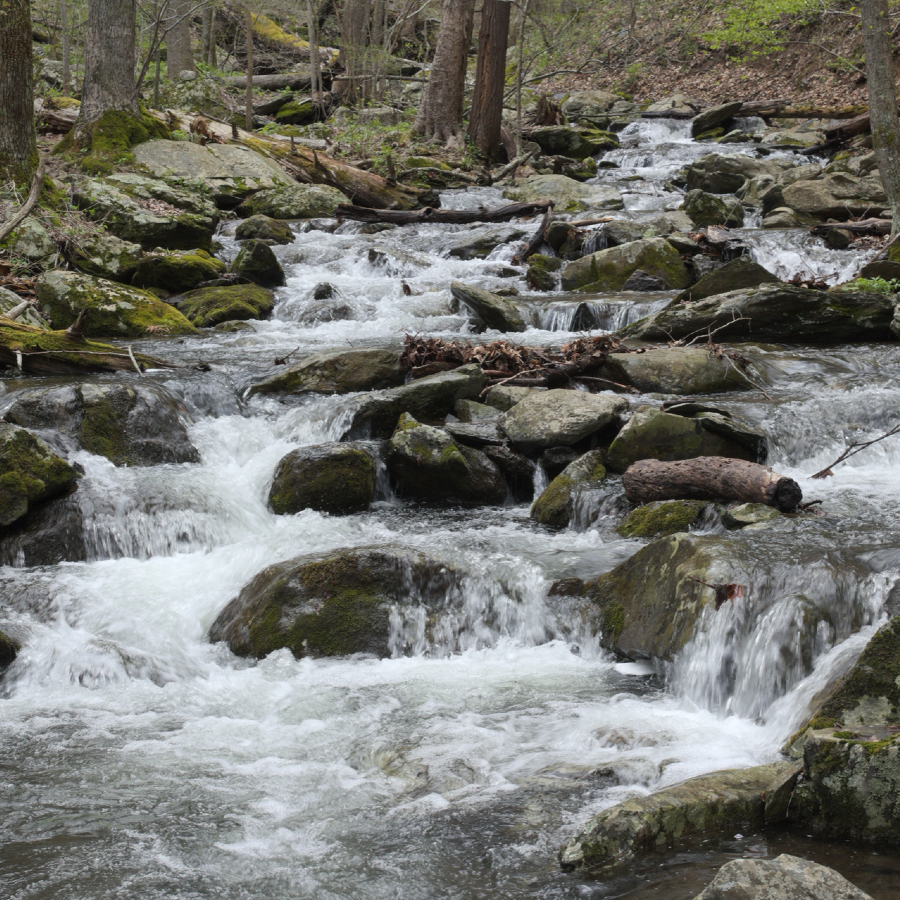
Inspiration
Do not ask where
we go from here
Nobody knows
Some think they do
but nobody really knows
anything
about anything
We are only gurgles
in the stream
and the stream doesn’t
know where it’s going
either
It is just going
It is just
going with its nature|
as far as that
will take it
And with its nature
it has to take along
a horde of|
gurgles
who are forever asking
where they are
gurgling to
Everything
is going beautifully
nowhere
– James Broughton
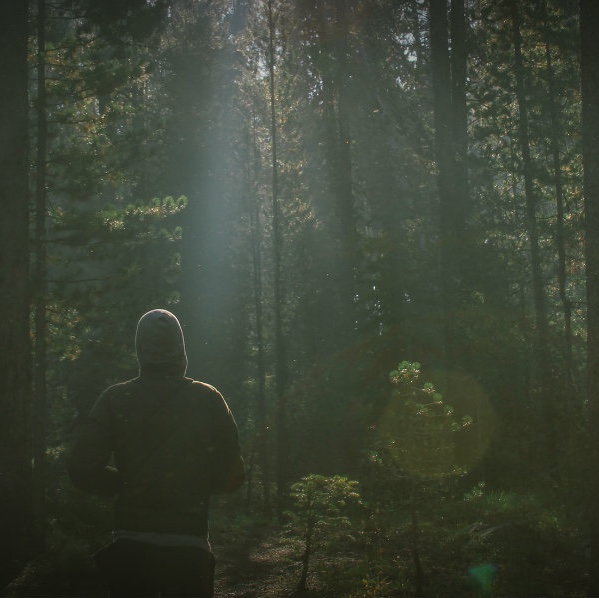
Reflection
Learn to shift your perception of the unknown.
- Understand that uncomfortable feelings and bodily tensions, especially in relation to what is unknown, do not necessarily require you (or anyone else!) to have to DO anything about them. Learn to simply have them, and let them live, breathe, and be.
- Actively reframe the unknown as the not yet known, something unknowable in the moment, that will be revealed in time.
- Understand that not knowing, once you can relax into bearing the tension of how it feels, can be a doorway into a deepening process – into more complexity, more subtlety, more nuance – and less black vs white thinking.
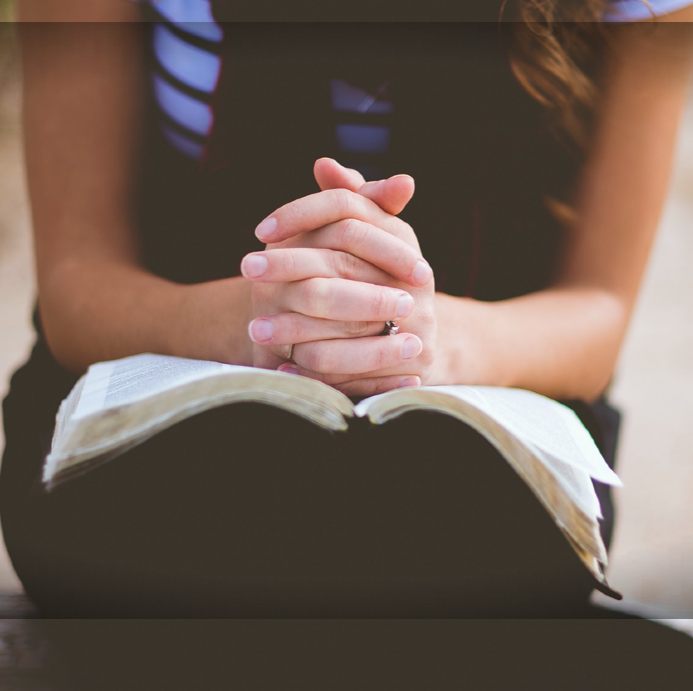
Action
For this particular task, the action is NOT a
a doing function, but a practice of grounding, breathing, and become an ACTIVE WITNESS to what is unfolding and developing.
Active waiting is not to be confused with a passive posture or resignation or listlessness. It allows for a kind of presence to be there, and there is a sense of participation in the waiting, as when you are waiting for an expected guest, but the time frame of arrival is not fixed or yet clear.
The action is one of ‘being’ – like being rooted and still, like a tree – observing what passes by, what comes forth, what unfolds over time.
The skill required is PATIENCE.

